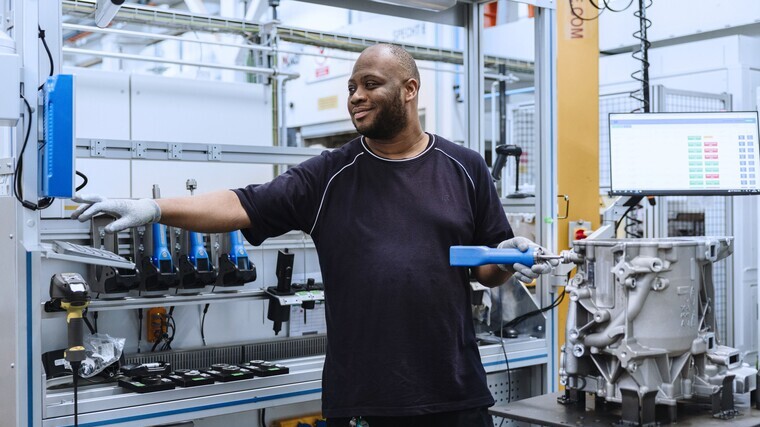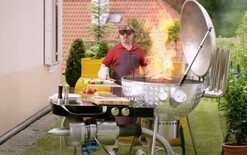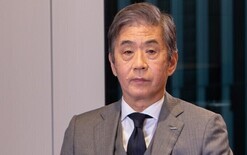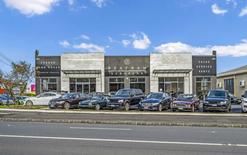Luxury carmaker cutting waste

Jaguar Land Rover (JLR) is reducing waste across its industrial operations in the UK and Europe through a £100 million (NZ$223m) reuse, refurbishment, repurposing and recycling drive.
As its electrification transformation progresses, with the upcoming launch of Range Rover Electric, JLR’s industrial operations are readying themselves for the next generation of EVs and undergoing a revamp across all facilities.
As a result, tens of thousands of pieces of equipment and tools – from entire production lines to screwdrivers – have been put back in circulation, when possible, after considering factors such as standard compliance, availability of spare parts, cost of refurbishment and servicing, potential scrap as well as sale revenues.
Instead of buying new equipment, JLR has reused more than 50,000sqm of kit – the equivalent of seven football pitches – from its Castle Bromwich plant, which ceased production last year, the Electric Propulsion Manufacturing Centre (EPMC) in Wolverhampton and a facility in Graz, Austria and redeployed it across other sites in the UK and Nitra, Slovakia.
Meanwhile, hundreds of second-life robots have been installed at Solihull, Halewood, and the EPMC in Wolverhampton to produce JLR’s next-generation EVs and battery packs.
In addition, 18,600 tonnes of scrapped metal from Castle Bromwich and Graz have been sent to a supplier for recycling.
Andrea Debbane, chief sustainability officer, says: “As we are entering a critical phase in our electrification journey, JLR has at heart and aims to act as a responsible user of resources by enhancing product utility and longevity, and maximising recycling and repurposing.
“It’s not only the right thing to do, but it also improves profitability and increases supply chain resilience.
“Through these initiatives, JLR advocates that sustainable choices are not always more expensive, they can help reduce costs and even become opportunities for the growth and development of our colleagues.”
A new digital management system has also been developed in-house, aiming to manage the life of every vehicle programme asset from acquisition through to sale, scrapping and reuse.
JLR says circularity plays a major role in its move to becoming a more sustainable modern luxury business.





